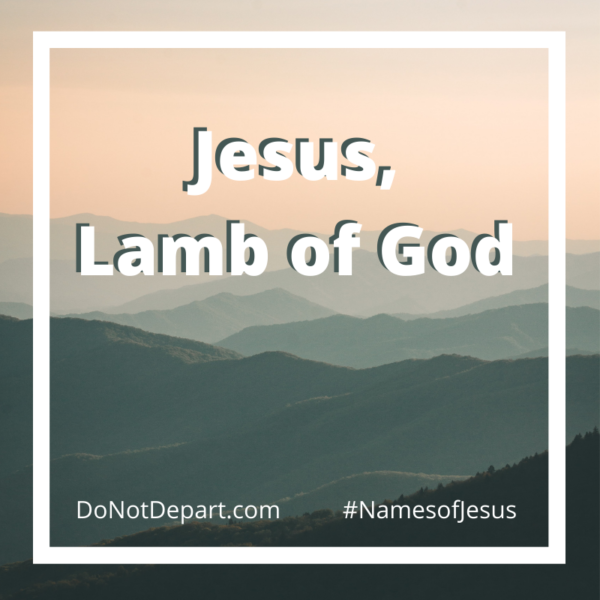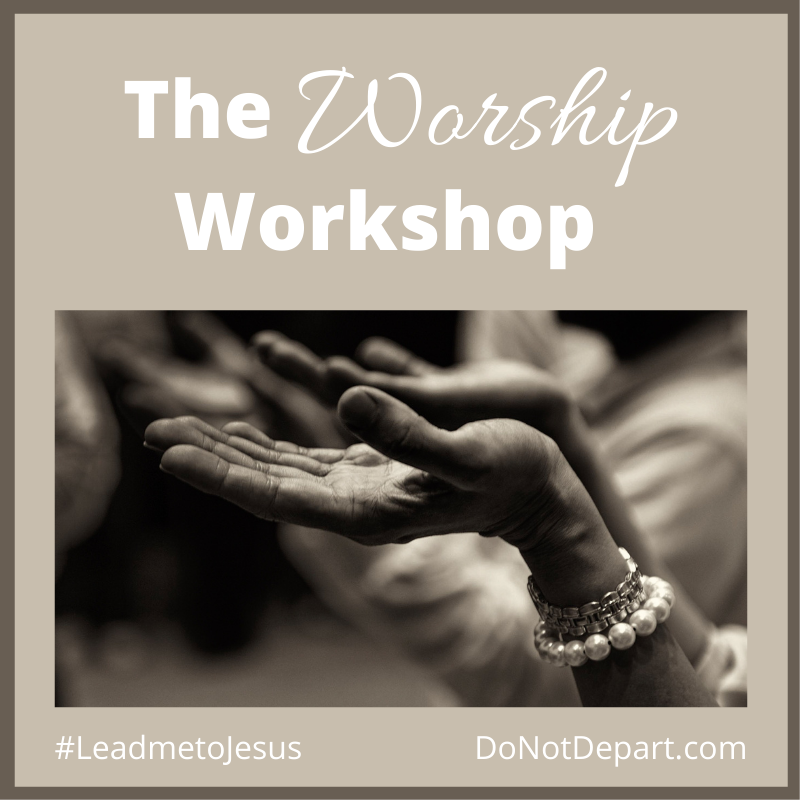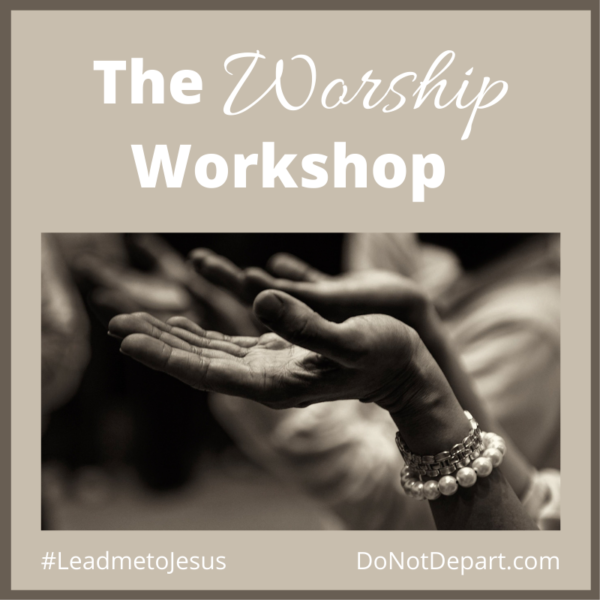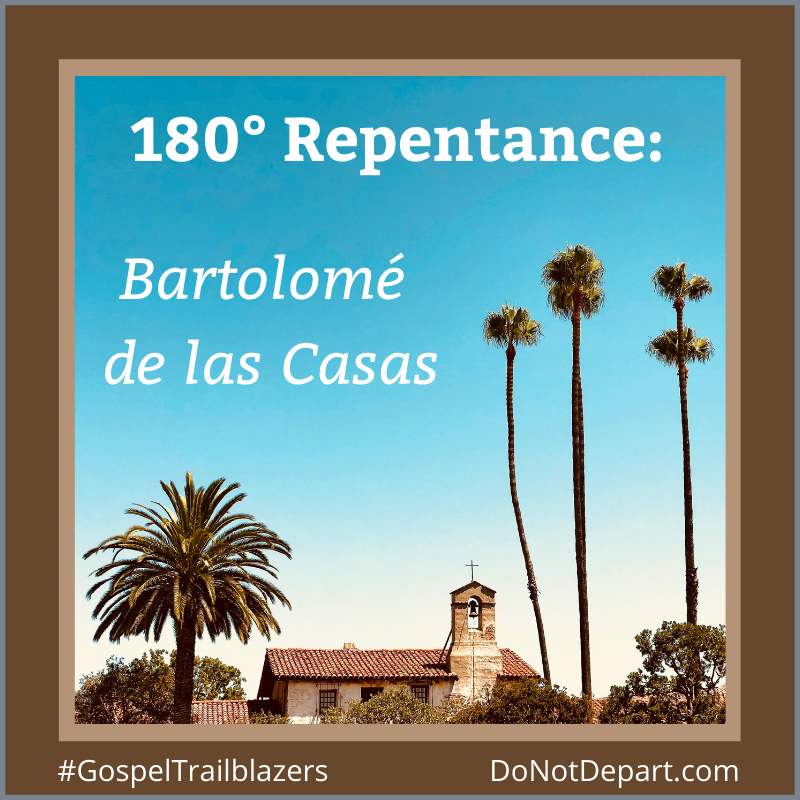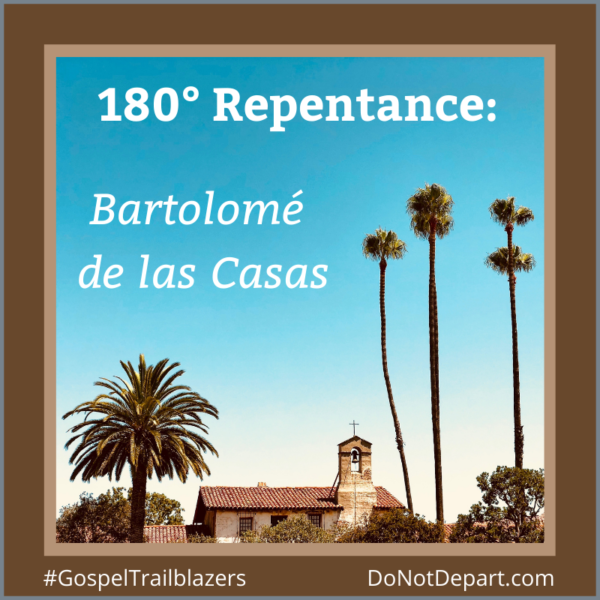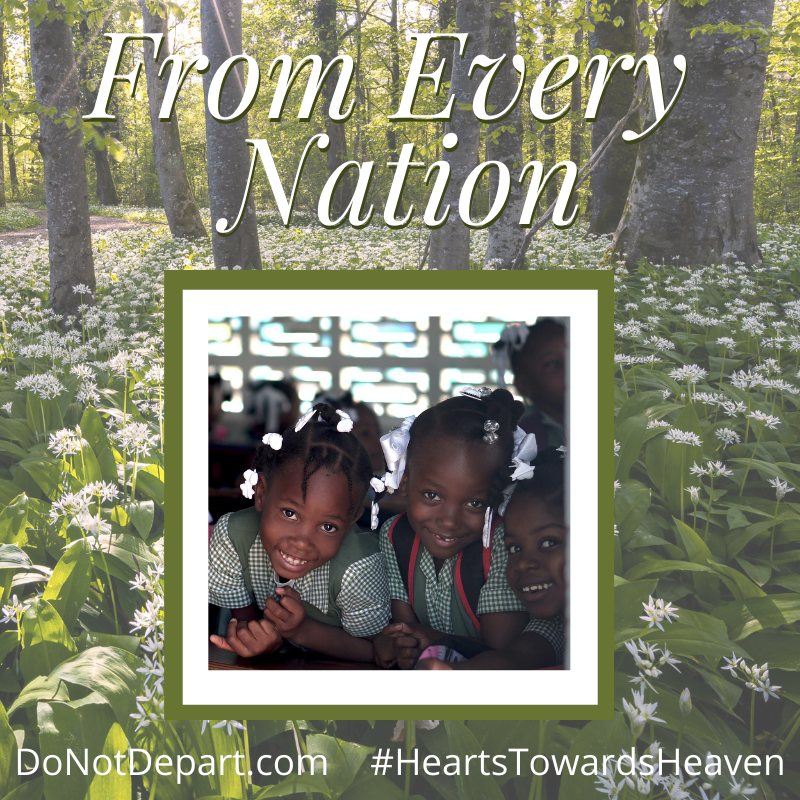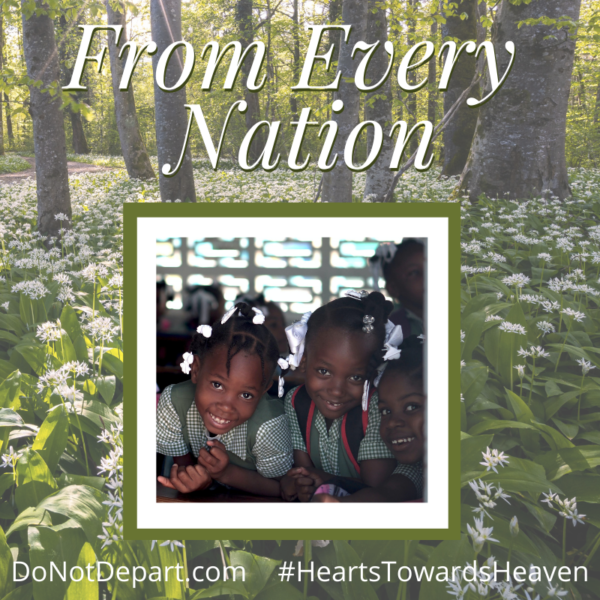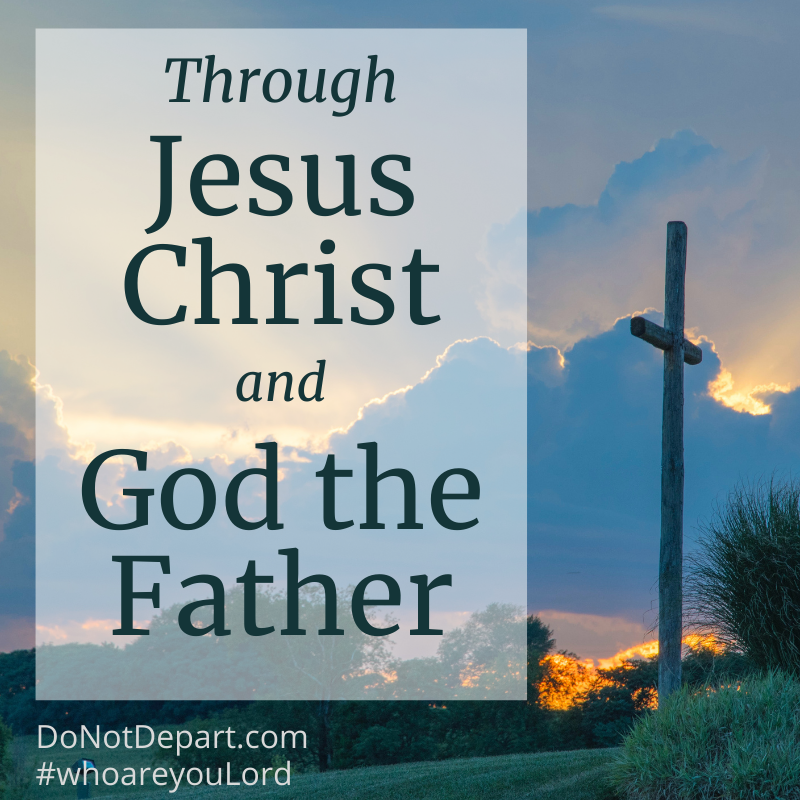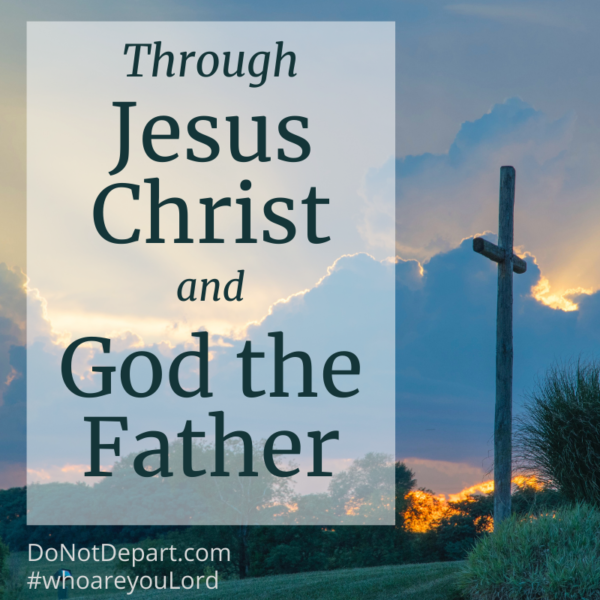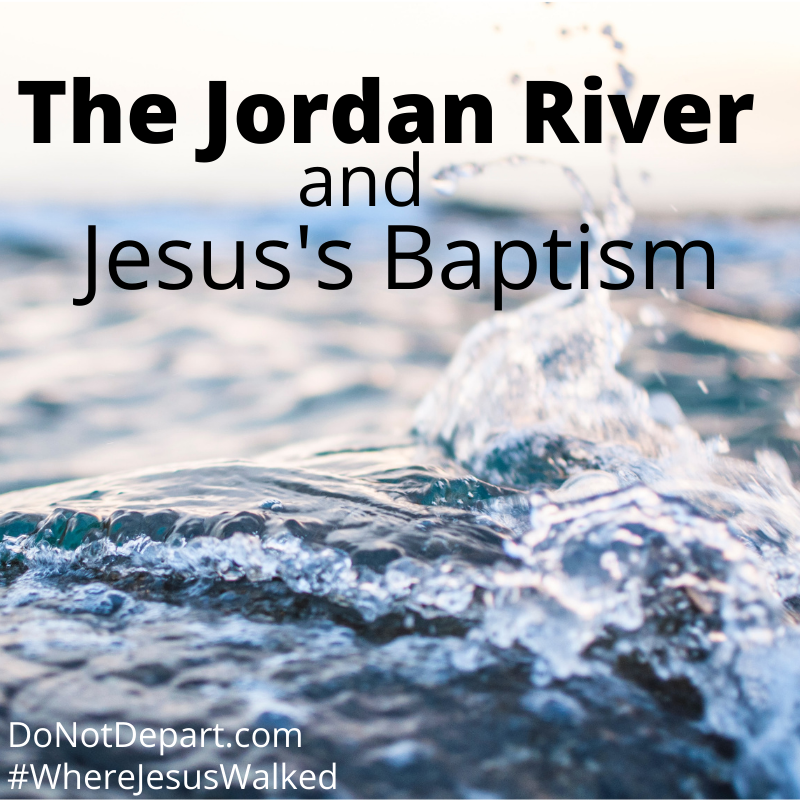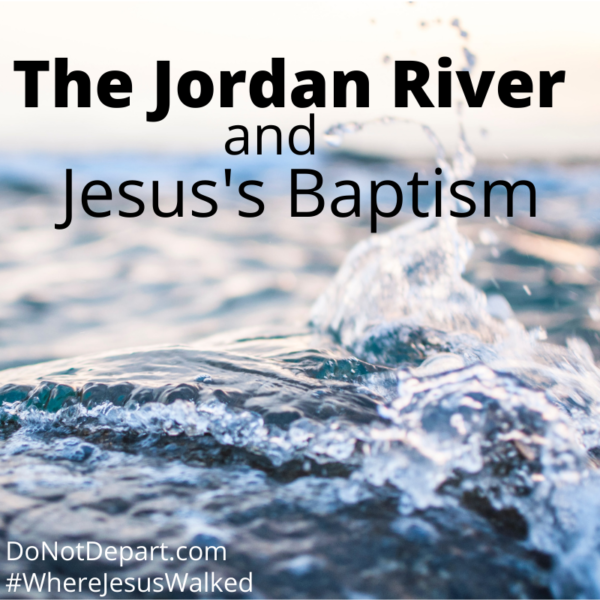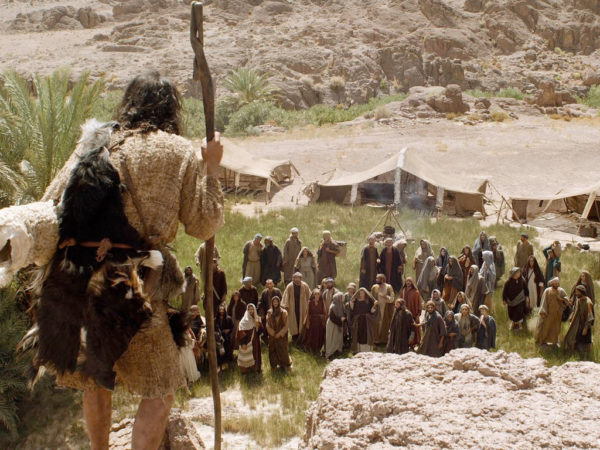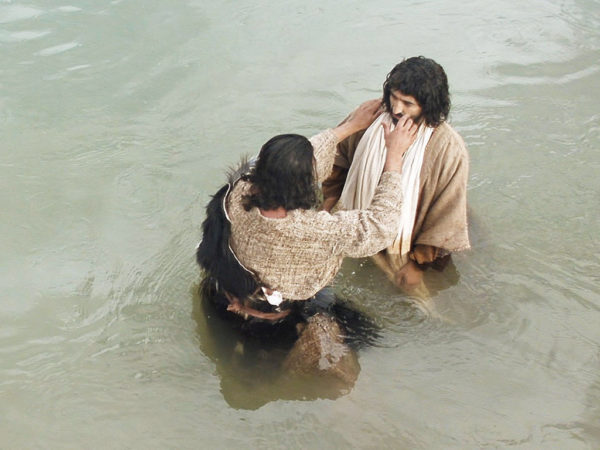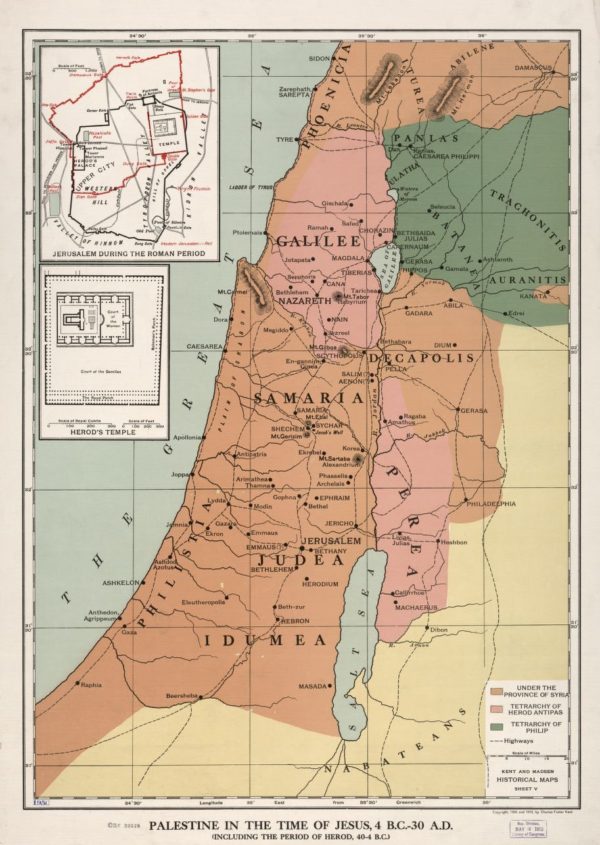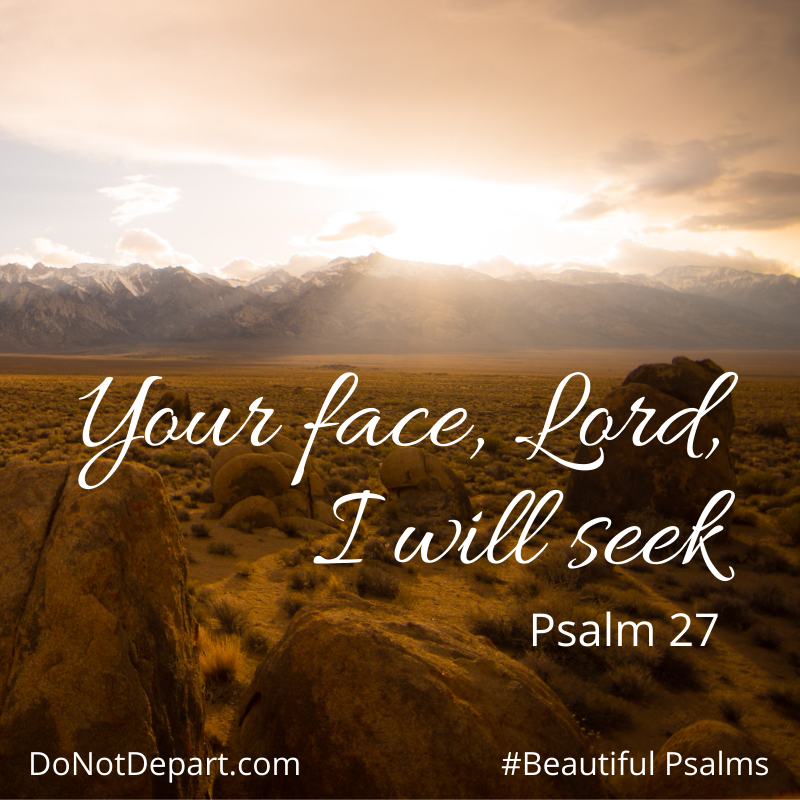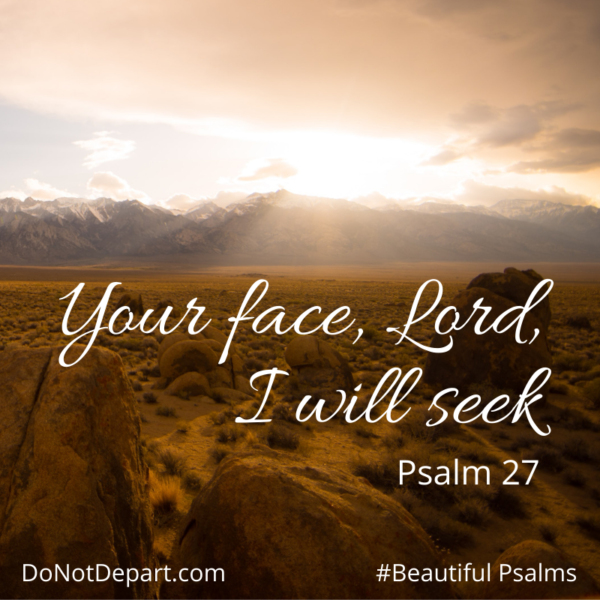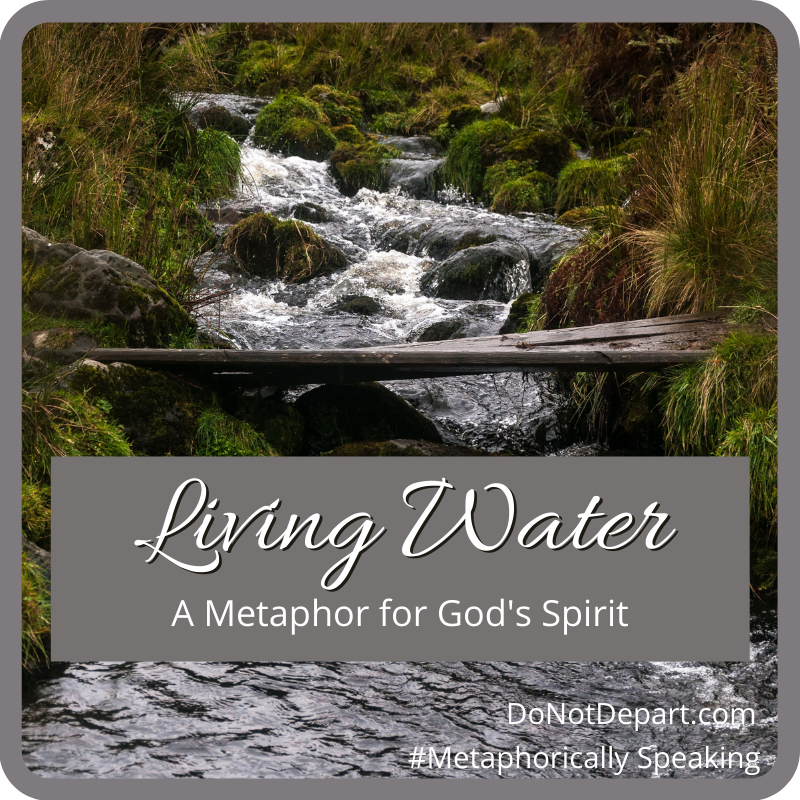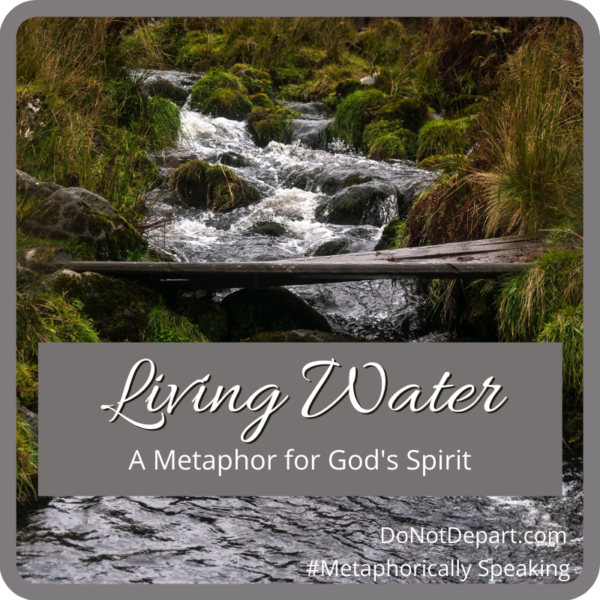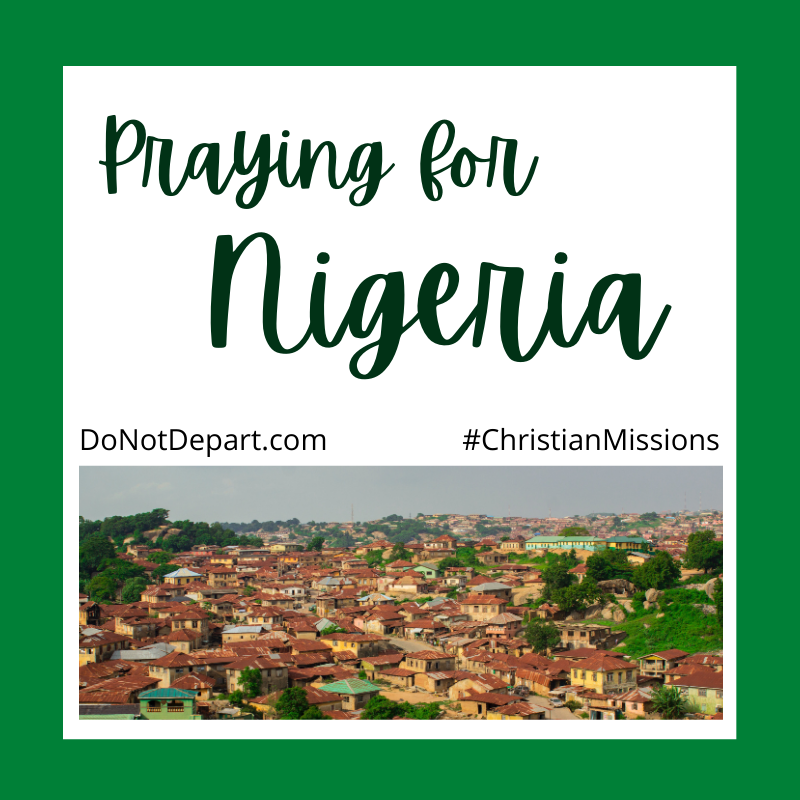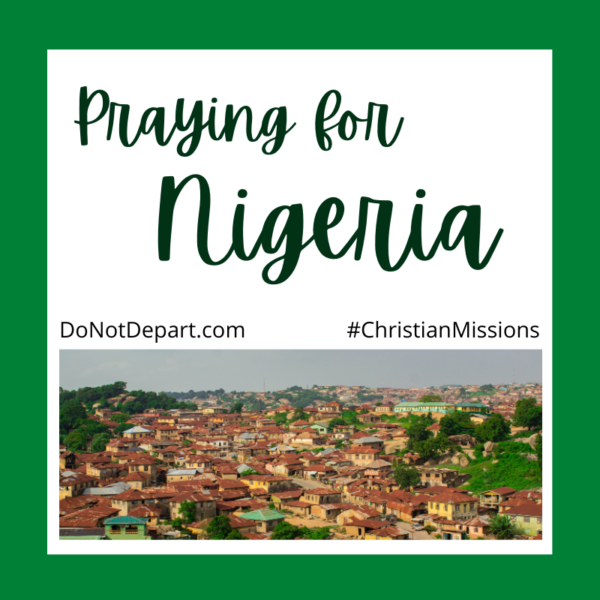Today we wrap-up February’s series The Lord is My Light, reflections on the Light of God.

We began this month with a look at light in creation in both Genesis and the Gospel of John. Creation began as God spoke light into being and separated it from darkness. Christ, the Word, was with God from the beginning. Creation was accomplished through Christ, and in Christ is life that is the light of men (John 1:3-4). And while the light of Christ will one day obliterate the night and illuminate heaven for eternity (Revelation 21:22-24), today that Light shines in the darkness.
We then looked at the life-giving nature of light. Both biologically and spiritually, life begins with and is sustained by light. “The Lord is our life-giving light – our Creator, our Provider, and our Sustainer from whom all life flows. When our energy wanes, physically, emotionally, or spiritually, we can turn to God, our light source and life source, for healing and nourishment, for knowledge and wisdom.”
Ali wrote about how Christ’s light illuminates us. He’s the true light, our source of light. And His light within us makes us as lanterns and the Church as a lit city on an otherwise dark hillside. She said, “Jesus’ light will never stop. He will always be the true light of life. Because God is light, and in Him is no darkness. And when He puts His light in me, my little candle can shine brightly in my dark little corner, bringing glory to the Father.”
Kristee then shared in her post Though I Sit in Darkness about truth that pierces with hope into our darkest moments. “Though I sat in the darkness, believing the lies about hopelessness, the Lord would be my light. I prayed and the Spirit gently showed me the truth. My darkness became light again. The Lord shows what is true. He is our hope. He is our light.”
Writing about the grief of losing her father in a post titled When the Darkness Deepens, Sabrina reminded us that the Holy Spirit is always near. “This we can depend upon: even in our darkest night, Jehovah Shammah, “The Lord is There,” is with us. He sees us. He sees the darkness, and He has overcome it (John 16:33 ). Jesus is, in fact, the Light of the World and shines His light into all our darkness—our sin, our pain, our unbelief—and it is not dark to Him, but bright as day. Even in our Sheol-like moments, He is there holding onto us and waiting to lead us on.”
). Jesus is, in fact, the Light of the World and shines His light into all our darkness—our sin, our pain, our unbelief—and it is not dark to Him, but bright as day. Even in our Sheol-like moments, He is there holding onto us and waiting to lead us on.”
And on Tuesday, guest author Bethany Williams wrote on the marvelous, merciful light of God as Peter described in 1 Peter 2:9. “I began praying for my children last year: ‘Please, Lord, keep them in your Light.’ With the many darknesses our whole world has experienced in recent years, with so many darknesses within the culture around them, with the humility that I do not know all the days in their futures, I’ve begun to pray with imagery of God’s light surrounding my children. I pray they can always see Jesus in the dark.”
What a beautiful image to hold in prayer for our children.
The People Who Walked in Darkness Have Seen a Great Light
As we wrap up this end-of-winter month of reflections on light, I am reminded of something I read a few years ago. I wish I could recall where. While we may not know the exact day of Christ’s birth, and there may be historical and cultural factors that played into the designation of December 25th as Christmas, there is also beautiful providence in the fact that, in the northern hemisphere, our celebration of the Incarnation falls just after the very darkest day of the year. This winter, December 21st is the longest night of the year. Then Christmas dawns just as the light begins to advance again on the dark, slowly and steadily exchanging minutes of night for minutes of light until spring breaks through. On December 25th, there is no evidence of spring. The hardest, longest freezes and winter storms may yet be ahead. But already the forces have come into play that assuredly bring spring.
There is such beauty and comfort in the arrival of light. Centuries before the birth of Christ, the Son of God, here with us, the prophet Isaiah wrote:
“The people who walked in darkness
have seen a great light;
those who dwelt in a land of deep darkness,
on them has light shone.
For to us a child is born,
to us a son is given;
and the government shall be upon his shoulder,
and his name shall be called
Wonderful Counselor, Mighty God,
Everlasting Father, Prince of Peace.”
(Isaiah 9:2,6)







